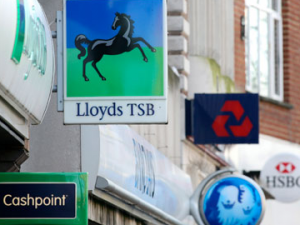
The brand new Payments Systems Regulator launched today in the UK – and its first targets are the money transfer systems controlled by high street banks.
Created to oversee the country’s £75 trillion-a-year payments sector, the regulator will aim to open up competition and access in all areas of payments, including the underlying infrastructure.
At present, set-up costs for new challenger banks and other entrepreneurs seeking to make financial transactions cheaper and faster are often hamstringed by high set up costs – something that the Payments Systems Regulator wants to change. This means that banks, which currently act as the gatekeepers to many of the core technologies used by payments innovators, may be forced to loosen their hold.
“We want to break open the control of payment systems, so it’s not just the big banks that control them who can use them,” Hannah Nixon, the watchdog’s managing director, told the Financial Times. “We need to make sure all those who use them or need access can have a real voice in the way these things are controlled — whether it’s a challenger bank, or a payment innovator.”
High street banks such Lloyds and HSB will be pushed to make their systems, including Faster Payments, more open to newcomers, with the regulator asking them to sign a clearly defined code of conduct. If they fail to improve, the regulator will be able to step in.
The watchdog’s powers do not currently reach as far as non-banking giants such as PayPal, but Nixon believes that its influence will “create the conditions” for new payments solutions to emerge.







